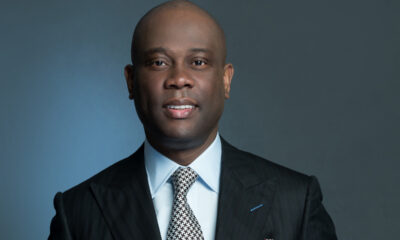Billionaire Watch
Facebook CEO Mark Zuckerberg Loses 400% of Dangote’s Net Worth in 2022
Mark Zuckerberg’s net worth has nose-dived by more than 50 percent this year, losing over $70 billion

Billionaire Watch
Vietnam Court Sentences Real Estate Tycoon to Death Over $12.46 Billion Fraud Case
Billionaire Watch
Nigerian Billionaire Tony Elumelu Contemplates Acquiring NPFL Club
Billionaire Watch
Zuckerberg Overtakes Musk: Meta CEO Moves to Third Richest Person in the World
-



 Forex3 weeks ago
Forex3 weeks agoZiG to the Rescue: Zimbabwe Shifts Gear with New Currency Backed by Gold
-





 Naira2 weeks ago
Naira2 weeks agoDollar to Naira Black Market Today, April 9th, 2024
-

 Billionaire Watch2 weeks ago
Billionaire Watch2 weeks agoNigerian Billionaire Tony Elumelu Contemplates Acquiring NPFL Club
-





 Naira2 weeks ago
Naira2 weeks agoDollar to Naira Black Market Today, April 8th, 2024
-





 Naira2 weeks ago
Naira2 weeks agoNaira Hits Eight-Month High at 1,120/$ Amidst Central Bank Reforms
-





 Naira1 week ago
Naira1 week agoDollar to Naira Black Market Today, April 17th, 2024
-





 Naira3 weeks ago
Naira3 weeks agoDollar to Naira Black Market Today, April 1st, 2024
-





 Naira4 weeks ago
Naira4 weeks agoNigerian Naira Surges to N1,350 per Dollar in Parallel Market

















